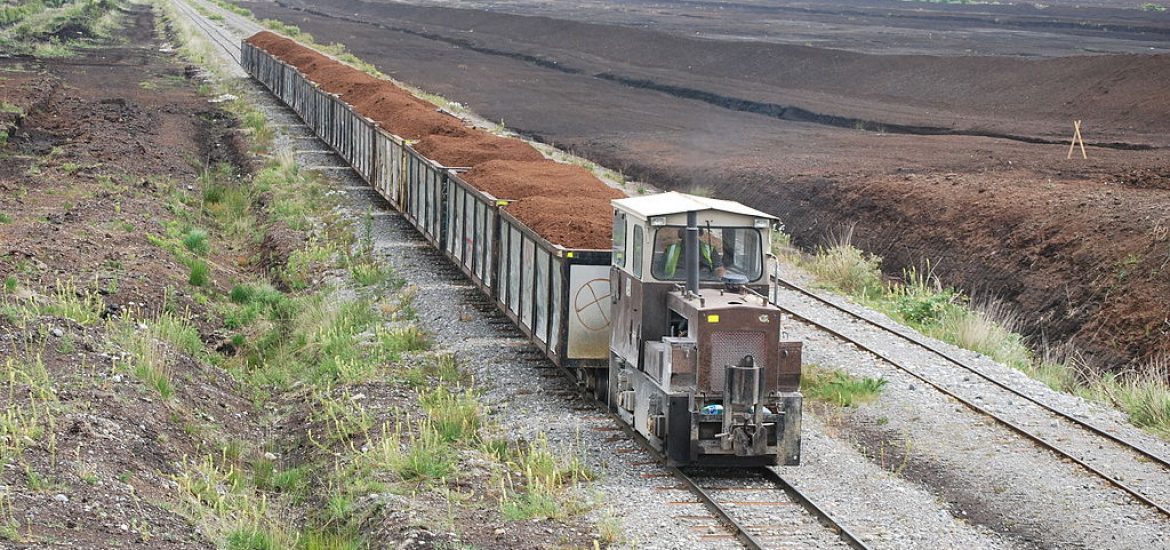
The European Union has been asked to approve an €80-million bailout for Ireland’s midlands for Irish peat workers.
If approved, every Irish household will be required to contribute to the fund through their electricity bills.
Fossil fuels provide much of Ireland’s energy, including half of its electricity.
The Climate Change Advisory Council’s 2019 review said the average Irish home emitted 58 per cent more energy-related carbon than the average EU household. It blamed a high use of fossil fuels, particularly coal, peat and oil for heating and minimal renewable generation and district heating compared to other EU countries. With 20 per cent of homes heated by solid fuel, Ireland has the second-highest use of solid fuel for domestic heating in the bloc, after Poland where 44 per cent of homes are heated by solid fuels.
The public service obligation (PSO) is used to subsidise renewable energy projects.
Ireland’s environment minister, Richard Bruton, has asked the European Commission to allow €20 million raised annually from the PSO to fund the rehabilitation of bogs over the next four years.
The annual PSO levy is €39 for every household for 2019/20. The EU must decide if the levy can be used to sustain jobs for approximately 200 Bord na Móna peat workers and if it is permissible under rigid EU state-aid rules.
The government plans to close two peat-fired power stations by the end of 2020.
A €31-million fund has already been announced in next year’s budget.
Taoiseach Leo Varadkar said: “We now know that peat, briquettes and wood are as bad for air quality as smoky coal.”
The government fears for the sustainability of rural communities that rely on the peat bogs to provide employment.
But the “Just Transition” commissioner appointed to communities cope with the closures still lacks an office, an agreed budget and an agreement on his pay.
Kieran Mulvey was appointed in early November.
Green Party leader Eamon Ryan said the appointment was a reaction to a public-relations crisis rather than a governmental response to a climate and jobs crisis.
Mulvey’s appointment was made public the same day as the closure of two peat plants at Shannonbridge and Lanesborough was announced.
Dr Marie Coggins, a specialist on indoor air pollution at the National University of Ireland, said people spend up to 70 per cent of their time inside so indoor air pollution was a significant issue. The problem is more acute in homes using solid fuels for heating and cooking.
“In the EPA indoor air pollution and health study, we found homes which burn peat had levels of PM 2.5 which exceeded the World Health Organisation limits.”
Coggins said indoor air pollution peaks when fires were being lit and refuelled.
Picture credit: Wikimedia





